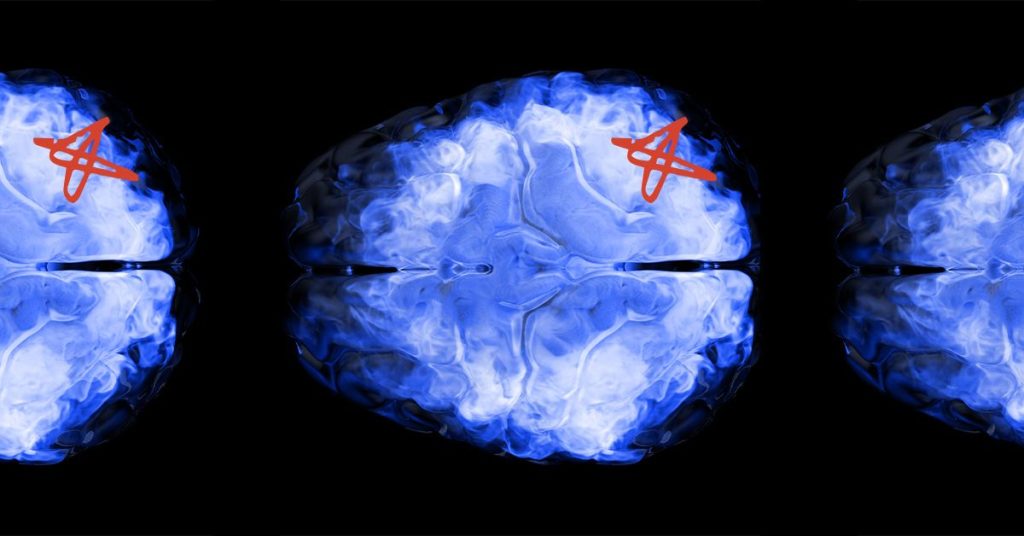Alzheimer’s disease impacts about 32 million people worldwide and does not currently have a cure. Research suggests that the accumulation of proteins beta-amyloid and tau in the brain may play a role in causing symptoms related to the condition. Juan Piantino, MD, from Oregon Health and Science University, led a study that showed how the brain’s glymphatic system removes waste that could lead to brain problems over time. The study found that quality sleep is important to maintain the efficiency of the brain’s waste-clearing system. However, it remains unclear how these findings may impact Alzheimer’s disease and other forms of dementia.
The study from Oregon Health and Science University revealed that the brain’s glymphatic system clears away proteins that can lead to brain diseases, emphasizing the importance of maintaining a healthy lifestyle. By injecting a contrast agent into participants’ cerebrospinal fluid during surgery and using special MRI imaging techniques, researchers were able to visualize how waste is removed from the brain through perivascular spaces. Proper sleep has been shown to have a positive impact on the glymphatic system, further highlighting the significance of quality sleep for maintaining brain health.
Piantino and his team are exploring ways to enhance waste removal from the brain without the use of drugs, focusing on understanding the relationship between sleep and waste removal. The hope is that these insights could eventually lead to preventive strategies for Alzheimer’s and other types of dementia. However, not everyone is convinced of the potential clinical significance of the study’s findings. Neurologist Clifford Segil, DO, believes that while the imaging techniques used in the study may be helpful for treating brain tumors and infections, they may not have broader implications for cognitive behavioral neurology practices.
Segil noted that there is no expectation that the glymphatic system can transport proteins such as amyloid or tau directly in the central nervous system, as lymphatics outside of the central nervous system cannot perform this function. He suggested that future studies should examine the glymphatic system in healthy individuals, as well as those with central nervous infections or metastatic brain disease, to provide a more comprehensive understanding of its capabilities. While glymphatic imaging may be valuable for treating certain brain conditions, such as tumors and infections, Segil believes its relevance to cognitive behavioral neurology practice may be limited.
Overall, the study from Oregon Health and Science University sheds light on the brain’s waste-clearing system and the role of quality sleep in maintaining its efficiency. Further research is needed to determine the full implications of these findings for Alzheimer’s disease and other forms of dementia. By continuing to explore ways to enhance waste removal from the brain and understanding the relationship between sleep and brain health, researchers hope to develop preventive strategies for neurodegenerative conditions in the future.













